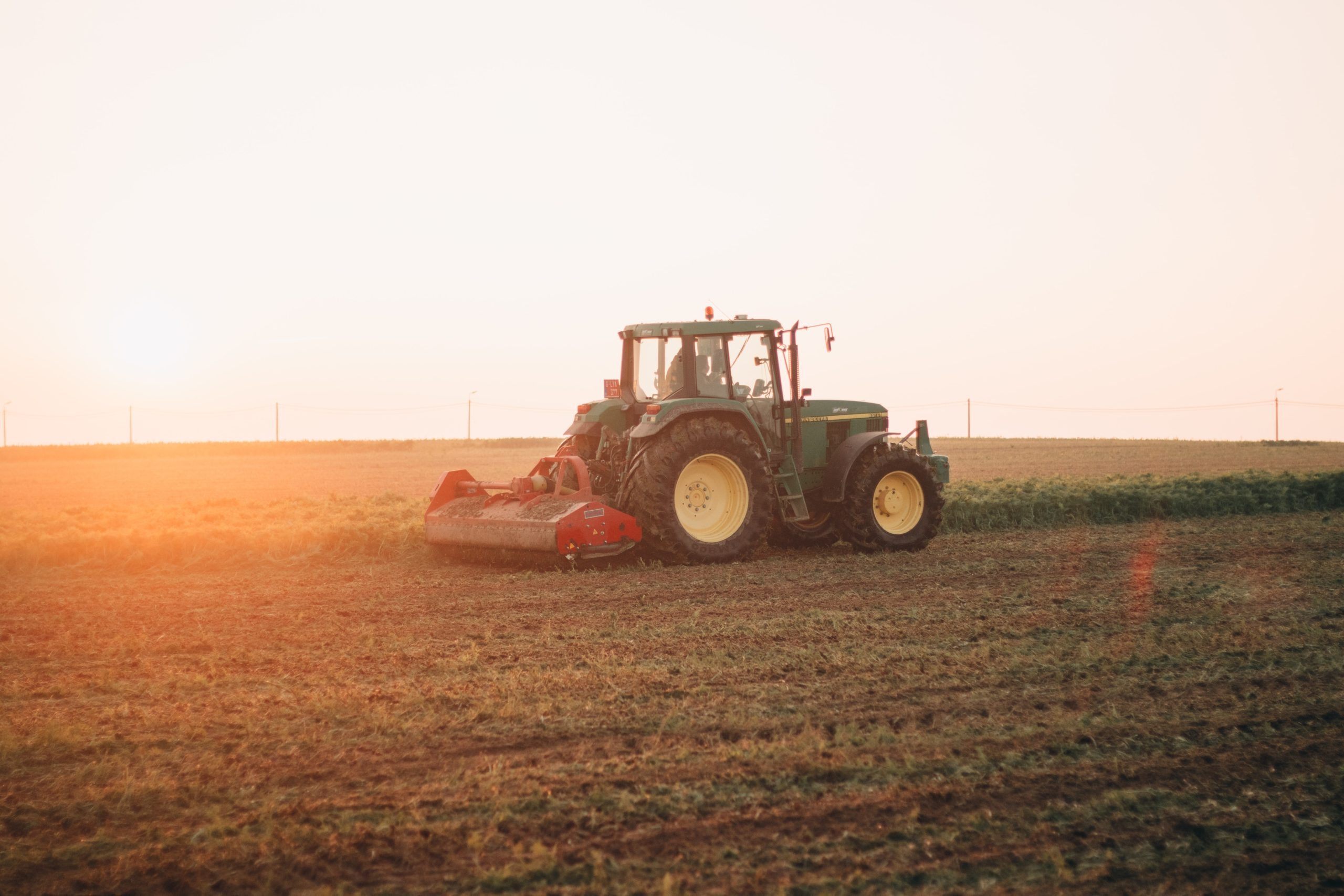The agriculture industry was hit hard by the COVID-19 pandemic. This is the situation that’s unfolding and why recovery is essential.
The Situation Was Already Dire
Disruptive weather, poor planting conditions, and harsh tariffs meant the agricultural industry was suffering before the pandemic. Production outpacing demand, and overseas competition as well as producer prices falling significantly also contributed. Many farmers entered 2020 in debt, which worsened as COVID-19 hit.
The Effects Of The Pandemic
Along with exacerbating current issues, the virus introduced new problems regarding supply and demand. Panic buying resulted in non-perishable items selling out while perishables struggled to shift. Some livestock products experienced shortages, but others were in excess. Retail wasn’t where farmers were hit hardest, though.
Fewer people on the roads reduced the need for biofuels, which rely on grains. The closure of eating establishments also impacted the demand for meat and dairy.
Although retail prices for perishable products increased throughout the year, farmers experienced financial hardship. The value of their supplies dropped, and they couldn’t recoup their losses through extra work because jobs weren’t available. This caused an estimated loss of $6 – $8 billion in Texas.
There’s Positive Change Happening
Negative impacts on the agriculture industry affect our domestic food supply. Changes are essential to ensure sustainability.
Pandemic recovery operations are already making a difference. Over 50% of Americans have received the first COVID-19 vaccination. This has allowed businesses to reopen and previous shopping and eating habits to return. This progression increases demand on farmers but doesn’t alleviate the damage already done.
Exports Were Better Than Other Industries
U.S. exports were down significantly during 2020. Agricultural exports only dropped by a few percent, though. Transport of food products was also largely undisturbed.
Thanks to the vaccination rollout, demand from overseas will increase. Forecasts predict this may increase above pre-COVID-19 levels.
Immigration Reform Can Make A Difference
If passed, President Biden’s immigration reform will help the agriculture industry. More foreign workers on an H-2A visa will keep America’s food supply sustainable, despite financial concerns. They fill an employment gap that most domestic workers avoid because of labor demands and lower wages.
Farmers Have Received Financial Aid
Financial support has been offered to farmers through the United States Department of Agriculture (USDA). Several rounds of grants have pumped billions back into the industry. However, issues prior to the pandemic signify that COVID-19 relief money won’t resolve everything.
Innovation Will Define The Future
Innovative solutions are essential to mitigating problems independent of the pandemic. The USDA is seeking proposals for on-farm trials to reduce climate change and support agriculture. These innovative approaches include improving soil health, with a planned investment of $10 million. $25 million will go into the 2021 trials overall.
Rebounding from the pandemic won’t be immediate. Emphasis must be placed on prior issues for the agriculture industry to fully recover, though.
Why The Agricultural Industry Needs Help Post-Pandemic
